Chicago, IL — September 7, 2025– Anger and defiance filled the streets of downtown Chicago on Saturday night as hundreds of residents rallied against former President Donald Trump’s threat to deploy the National Guard to the city. The demonstrations, which remained largely peaceful, reflected deep divisions over public safety, policing, and federal involvement in local affairs.
Context and Background
The protests were triggered by Trump’s remarks earlier this week, where he suggested that Chicago’s rising crime rates required direct federal intervention. “If the city can’t get control, then we’ll send in the Guard,” Trump said during a campaign stop. His comments ignited immediate backlash from city officials and residents alike, who viewed the remarks as both politically motivated and dismissive of local autonomy.
Chicago has faced challenges with gun violence and public safety for years, but community leaders argue that deploying military forces is not the solution. Instead, they advocate for investment in youth programs, education, and economic development.
Voices from the Streets
Carrying banners that read “Our City, Our Solutions” and “No Troops in Chicago”, protesters marched through Michigan Avenue, chanting against militarization of their neighborhoods.
“We don’t need soldiers patrolling our streets. We need resources, jobs, and schools that work,” said Jasmine Alvarez, a South Side resident and community activist.
Local leaders echoed those concerns.
“The idea of sending the National Guard to Chicago undermines the trust between communities and law enforcement,” said Mayor Brandon Johnson. “We can’t police our way out of systemic issues.”
Balanced Reporting
Supporters of Trump’s remarks argue that the city has failed to address escalating violence. Some residents expressed frustration at ongoing safety concerns, suggesting that stronger measures might be necessary. However, critics stress that federal intervention risks escalating tensions rather than solving root problems.
Legal experts also caution that deploying the Guard without state approval could spark constitutional challenges. Illinois Governor J.B. Pritzker has already stated that he opposes such a move.
Conclusion / Next Steps
As the demonstrations wind down, it remains unclear whether Trump’s threat will materialize into actual deployment. For now, city officials continue to emphasize local solutions, while protesters vow to keep resisting any attempt to bring federal troops into Chicago.
The situation highlights a broader national debate: how to balance public safety with civil liberties, and whether federal intervention strengthens or undermines democracy.

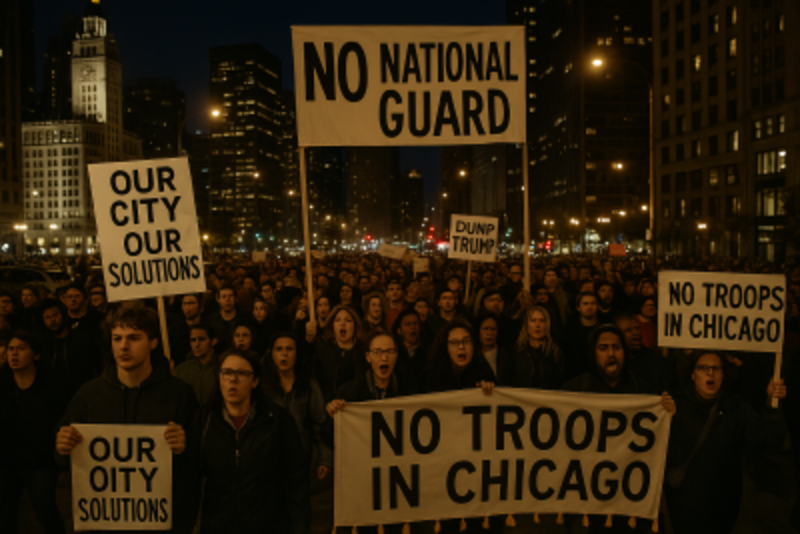

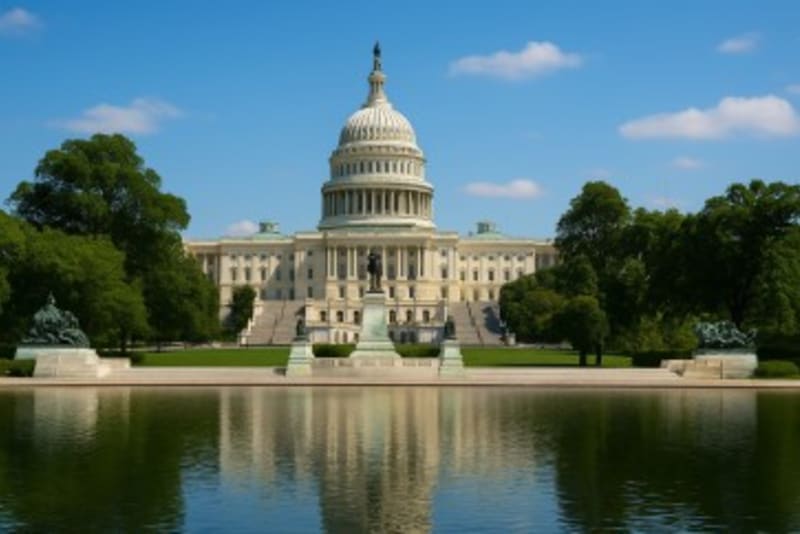
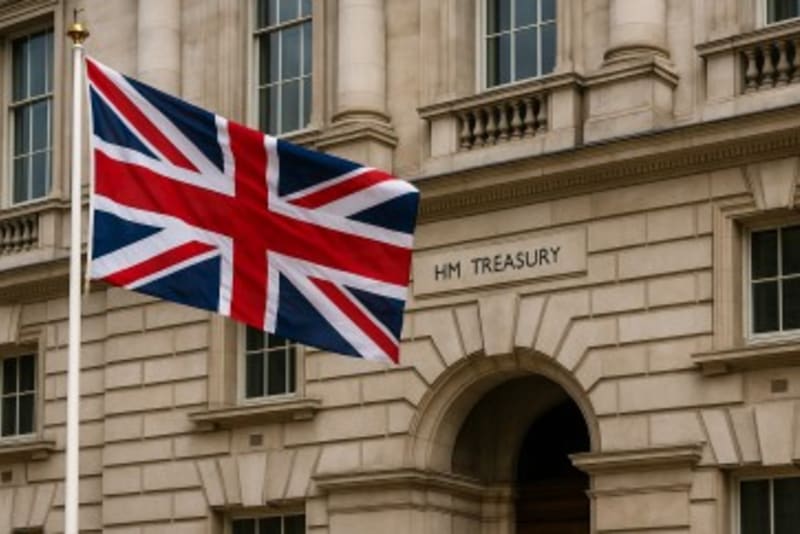
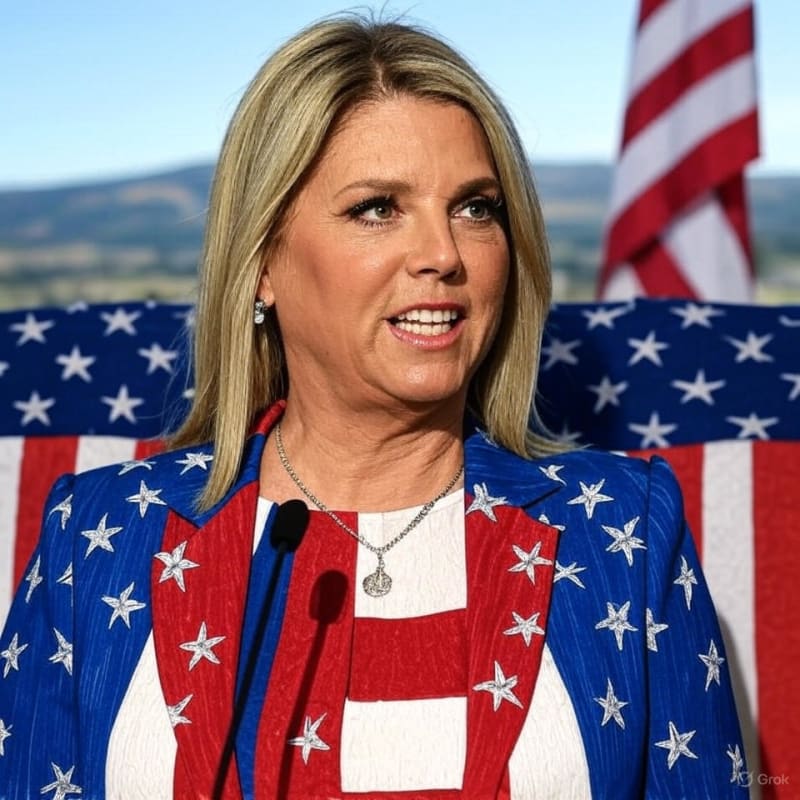
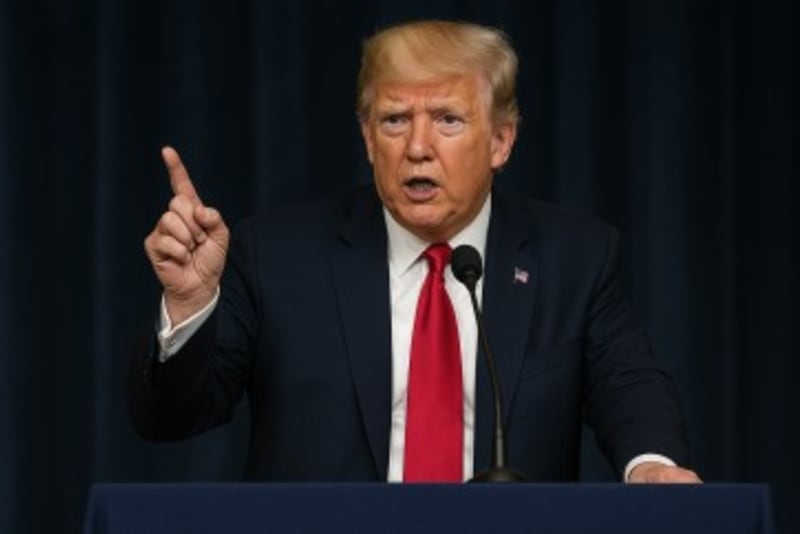
Comments
No comments yet. Be the first to comment!